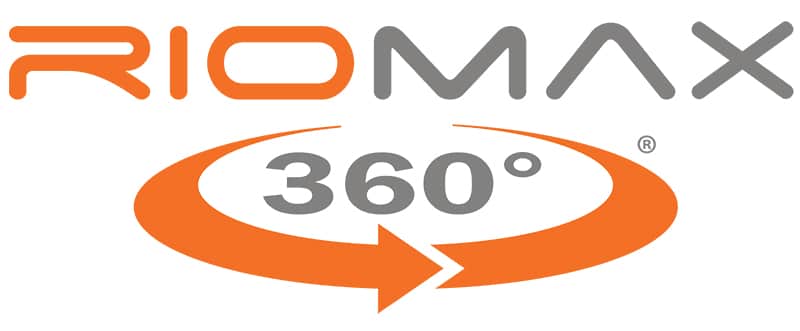Making the Beef Business Better.
It comes down to being transparent & producing quality cattle.
Meet Dan Skeels
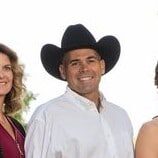
Rimbey, Alberta
Dan Skeels always knew he wanted to be in the seedstock business. What’s more, it didn’t take him long to get started. "Mom and Dad got me started... they gave me my first couple commercial cows." Then, he bought his first registered purebreds when he was just 10 years old, with the money earned from selling his commercial cows and 4-H calves. And he hasn’t looked back since.
Skeels was the third generation to call the Anchor D Ranch home, then a commercial cow-calf operation near Rimbey, Alberta. The fourth generation is firmly embedded in the seedstock cattle business on what is now called Anchor D Simmentals Ltd.
He and his wife, Karen, have two children; daughter Mackenzie and son Garren. “They both have their own cows, a nice little herd of cows built up and they market their cattle through our sale,” their proud father said. Both are very involved in agriculture beyond owning their own cattle. Mackenzie earned her diploma in media studies and professional communications and works for Direct Livestock Marketing Systems, running the computer systems at bull sales around the area.
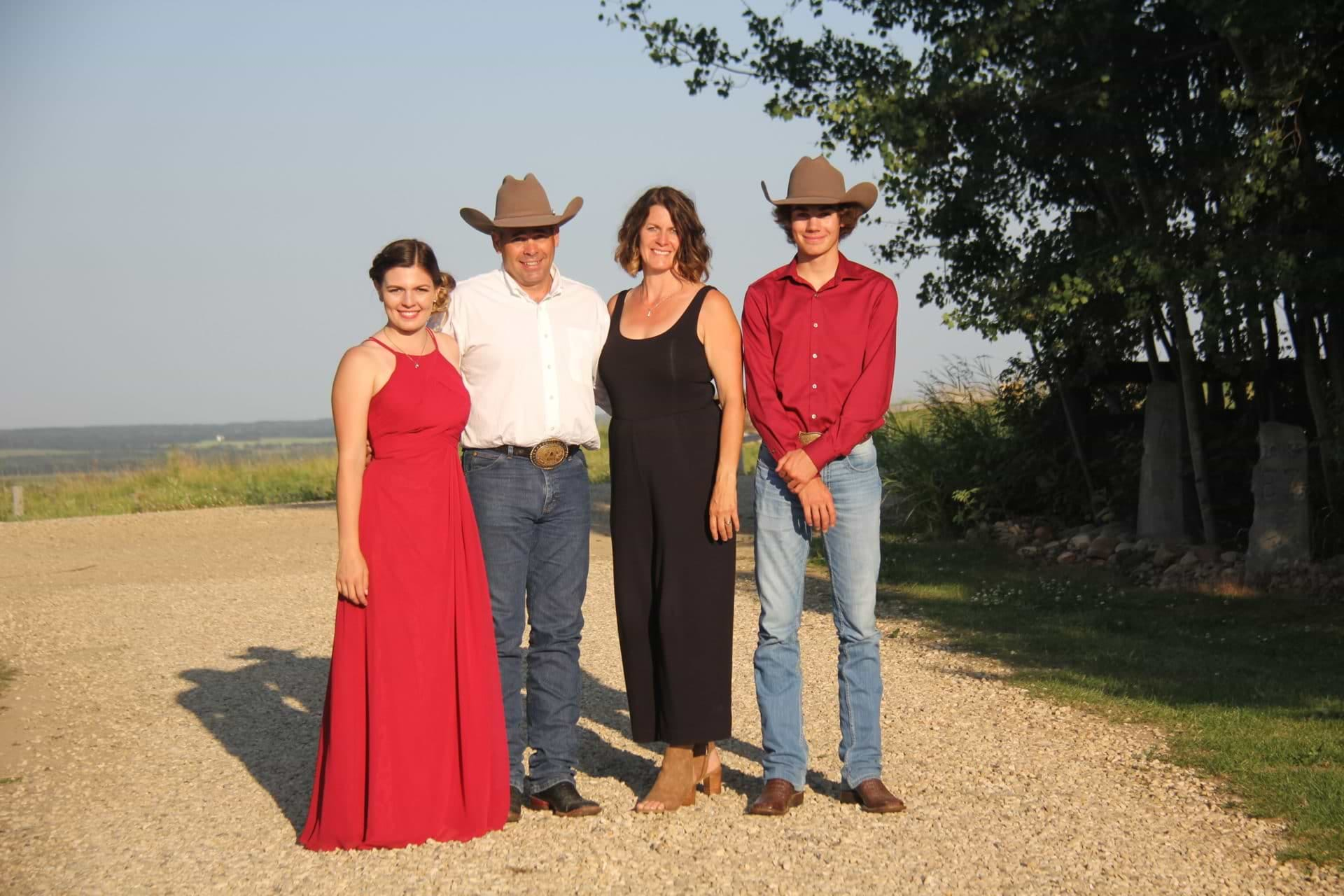
What’s more, she was crowned Miss Ponoka Stampede 2022. Mackenzie is the second generation to wear the crown; Karen served as queen in 1992 and Dan is a long-time volunteer.
Skeels is also an auctioneer and travels a large swath of Canada selling seedstock sales as well as other cattle sales. Garren, a high school senior, can be seen working as a ring man at some of those sales as well as learning more about the extended beef business, taking a meats class at a nearby college.
“We’re 40 years in the purebred Simmental deal,” he said. “And then (in 2021), we added Charolais as well. We bred 635 females (the spring of 2022) and we host our own bull sale and our own female sale.”
In fact, the family hosted their 23rd bull sale in 2022. The family sells about 100 bulls a year and averaged $7,750 at their last sale. Dan and his family have a lot of repeat customers, “and we’re very proud of that. I would say probably 80-85% are repeat clientele.”
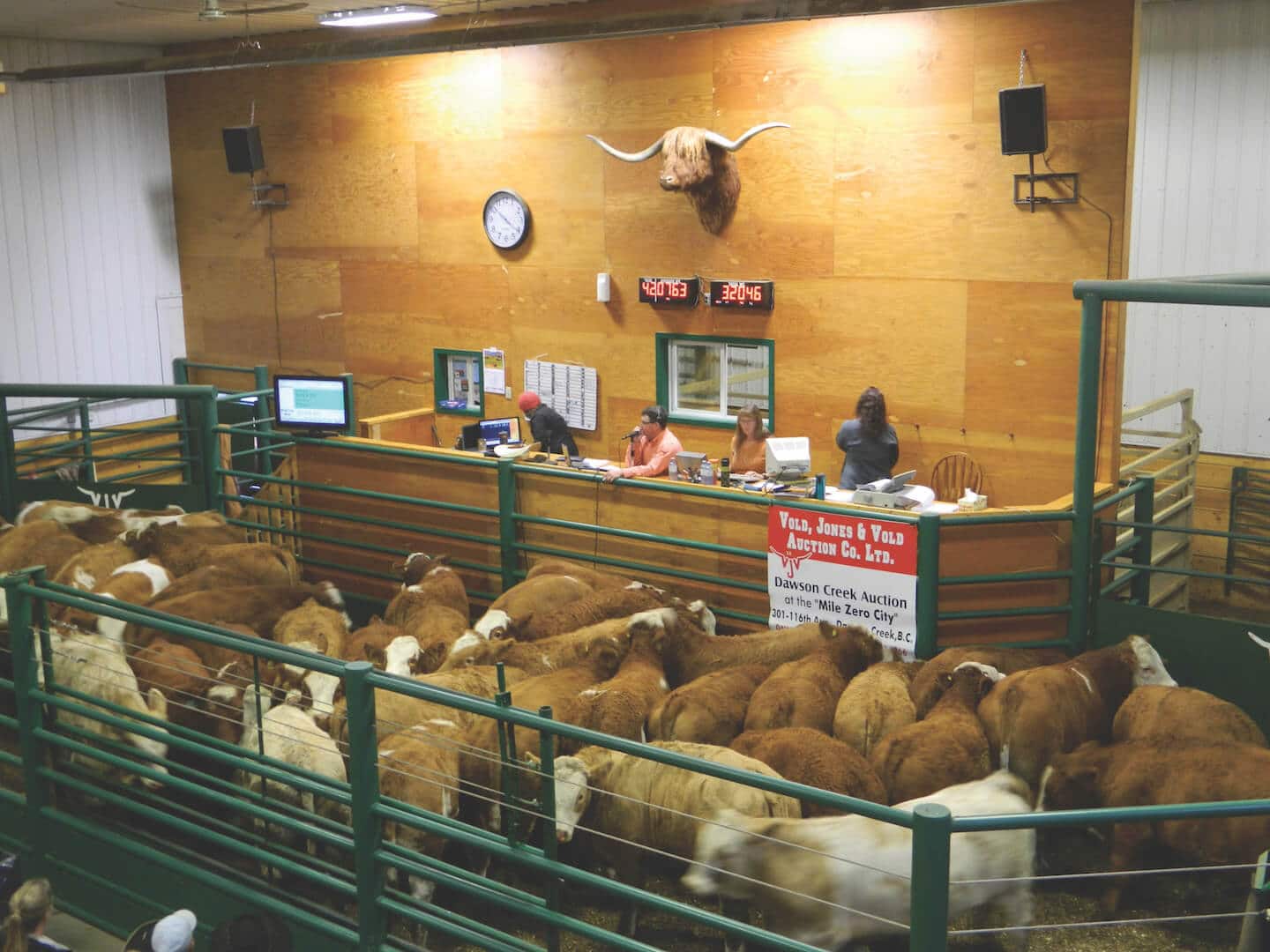
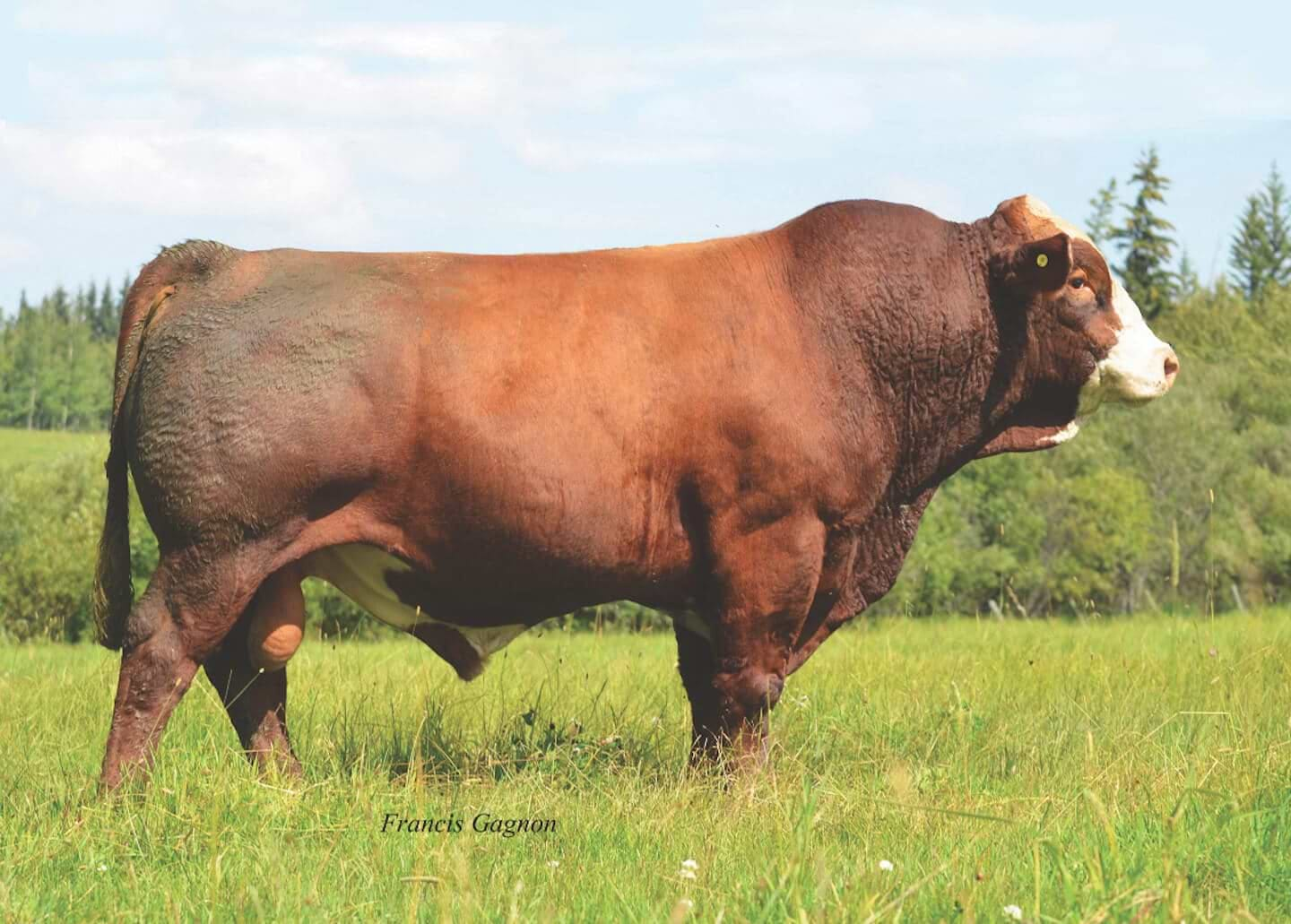
Their customers are performance-oriented, so they look for bulls that will produce calves that push hard on the scales at sale time. But with performance comes the need to watch out for calving difficulty. “If we assist calves at birth, other than a first calf heifer, that’s an automatic cull,” he said. “With heifers, I do give them the benefit of the doubt.”
Beyond calving, Skeels & co also cull hard on other production traits. “There’s no reason to have free-loaders on the meal ticket. Those cows that aren’t paying the bills, they need to be gone.”
To Skeels, it’s about pounds and dollars and cents for his customers. “We focus very heavily on fertility, longevity, feet and leg structure, and performance.”
Unlike many seedstock outfits, Anchor D produces most of their calves by natural breeding. They AI’d about 250 cows the spring of 2022, then turned out on the rest. “So just shy of 400 would run with bulls.”
Calving starts the end of December and the bulk of the calves are on the ground by the end of January. “Part of the reason behind that is I sell a bunch of purebred bull sales in the spring. So when bull sale season hits, I’m not there as much,” he said. “So we try to get our calving done early.”
Drought—It’s Everywhere
Just like many beef producers, Skeels is dealing with drought. “We had a significant enough drought (in 2021).” However, the spring and early summer of 2022 are looking better. Not great, but better. “There’s definitely no abundance of moisture, but we’ve had adequate moisture. And you know, that extra day in the spring is worth two in the fall.”
But ongoing drought means pasture will continue to be short and feeding cattle through the winter a necessity. Skeels bought some extra feed to get him through the year. What’s more, he continued to keep a mineral and vitamin supplement in front of his cattle.
He’s been on his current mineral program for around 10 years and is sold on the orange Riomax® tubs. “I think there’s value in it, as far as conserving feed and getting proper value out of the feed that you have.”
The biggest benefit he sees from his mineral program, however, is in production. “Our cows breed back early. Conception is great and we get a more uniform set of calves in a tighter period of time.” Beyond that, he says his cows clean easily after calving and go into the spring in good body condition, which means the calves are getting all the milk they want. “Those cows hit the grass and they just keep going forward.”
In fact, he’s got a number of his bull customers now using the orange Riomax® tubs. “I know they’re more expensive, but if they last that much longer and you’re seeing the benefits, for us, I feel it’s worth the value.”
The Future
The beef business and beef producers are under a microscope like never before, Skeels believes. “People are that much more aware of where their food is coming from or they want to be more aware.
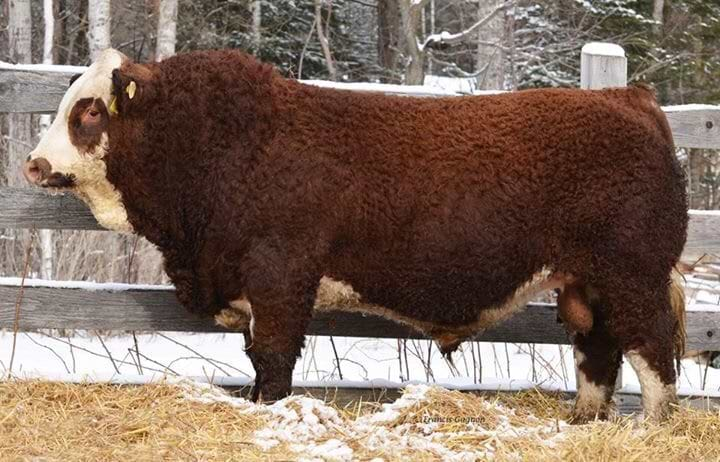
So our job as a producer is to be transparent and do the best possible job that we can.”
However, he believes that responsibility extends beyond the ranch gate. “Regardless of who you are or what you do, if you do a good job, you’re a representative of the industry.”
Raising cattle is, without a doubt, a dollars-and-cents business, he knows. But it’s more than that. It’s about the land, the cattle, the next generation and the generations after that.
“It’s about making money and making things better, being stewards of the land and ensuring that the next generation is going to be able to take over something that’s sustainable.”


